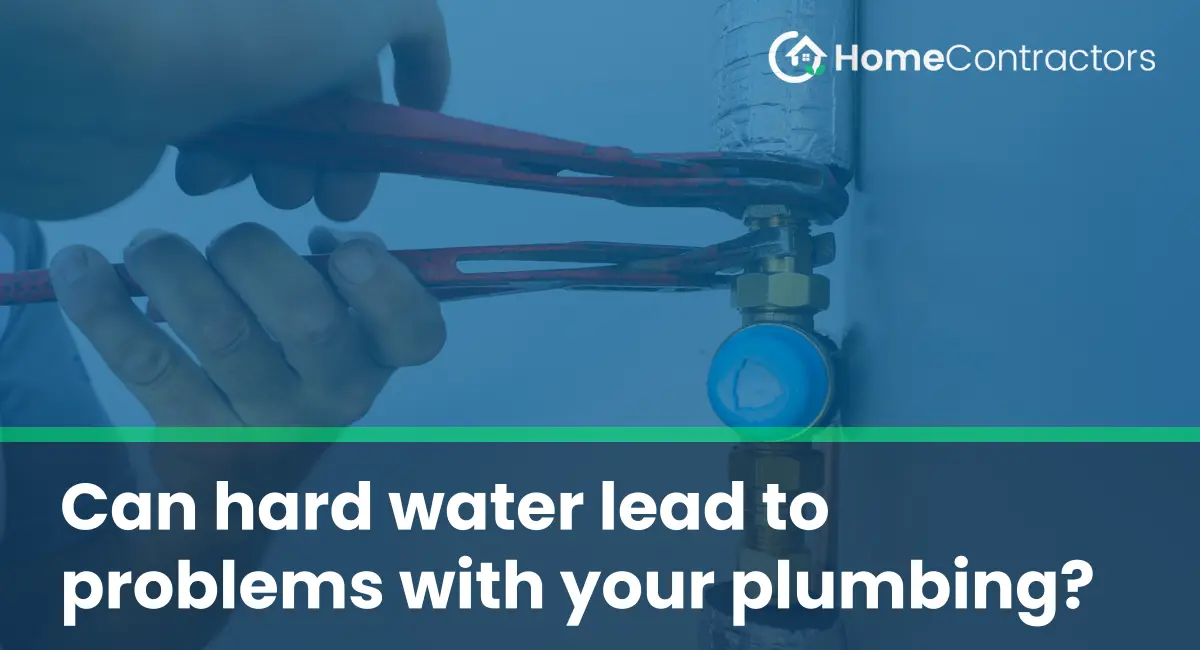The quality of the water that flows through your plumbing system can have a significant impact on its overall functionality and longevity. Hard water, which contains high levels of minerals such as calcium and magnesium, is common in many areas and can lead to various plumbing issues if left untreated. In this article, we will delve into the potential problems caused by hard water and explore effective solutions to mitigate its effects on your plumbing system.
Understanding Hard Water:
Hard water is characterized by an excessive concentration of minerals, primarily calcium and magnesium, dissolved in the water. While these minerals are generally harmless for human consumption, their presence can result in various undesirable effects on your plumbing infrastructure.
Corrosion and Scale Build-Up:
One of the most prevalent issues associated with hard water is the formation of limescale and mineral deposits within your plumbing system. Over time, continuous exposure to hard water can cause these minerals to build up on the inner surfaces of pipes, faucets, and fixtures. This build-up restricts water flow, reduces water pressure, and can eventually lead to complete blockages.
Clogging and Reduced Efficiency:
The accumulation of mineral deposits can lead to clogging in faucets, showerheads, and valves. Reduced water flow and inadequate pressure are common symptoms of these build-ups, affecting the functionality and efficiency of your plumbing fixtures. Additionally, clogged pipes can eventually lead to costly repairs or replacements if left unattended over a prolonged period.
Damage to Appliances:
Hard water is known to have detrimental effects on various household appliances, particularly those that rely on water flow and heat exchange, such as water heaters and dishwashers. The accumulation of minerals can impair the functionality of heating elements and reduce the efficiency of heat transfer, causing premature wear and tear on these appliances. Consequently, hard water can decrease the lifespan and increase maintenance costs for these essential household items.
Pipe Corrosion:
While the minerals in hard water do not typically cause direct damage to metal pipes, they can exacerbate the corroding process. The formation of scale and mineral buildup provides a breeding ground for corrosive agents, leading to a more rapid degradation of pipes. Over time, this corrosion can result in leaks, burst pipes, and the need for extensive repairs or replacements.
Solutions to Combat Hard Water Issues:
Water Conditioning Systems:
Installing a water conditioning system, such as a water softener or descaler, is an effective long-term solution to combat the effects of hard water on your plumbing system. These systems work by removing or altering the minerals in the water, preventing scale build-up and reducing the potential for damage to your pipes and appliances.
Routine Maintenance:
Regular maintenance of your plumbing system is crucial in preventing and addressing issues caused by hard water. Flushing your pipes, cleaning faucets and fixtures, and maintaining water appliances can significantly reduce the impact of mineral deposits and prolong the life of your plumbing infrastructure.
Water Filtration Systems:
Installing a water filtration system can be another line of defense against hard water-related problems. While not as effective as water conditioning systems, filtration systems can help remove small amounts of minerals and contaminants, improving water quality and reducing potential damage to your plumbing.
Hard water can indeed lead to various problems with your plumbing system, ranging from minor inconveniences to costly repairs. Understanding the potential issues caused by hard water and implementing appropriate solutions, such as water conditioning systems and regular maintenance, can significantly extend the life of your plumbing infrastructure, improve water flow and pressure, and mitigate the damage caused by mineral deposits. By taking proactive steps to combat the effects of hard water, homeowners can ensure the longevity and efficiency of their plumbing systems for years to come.
